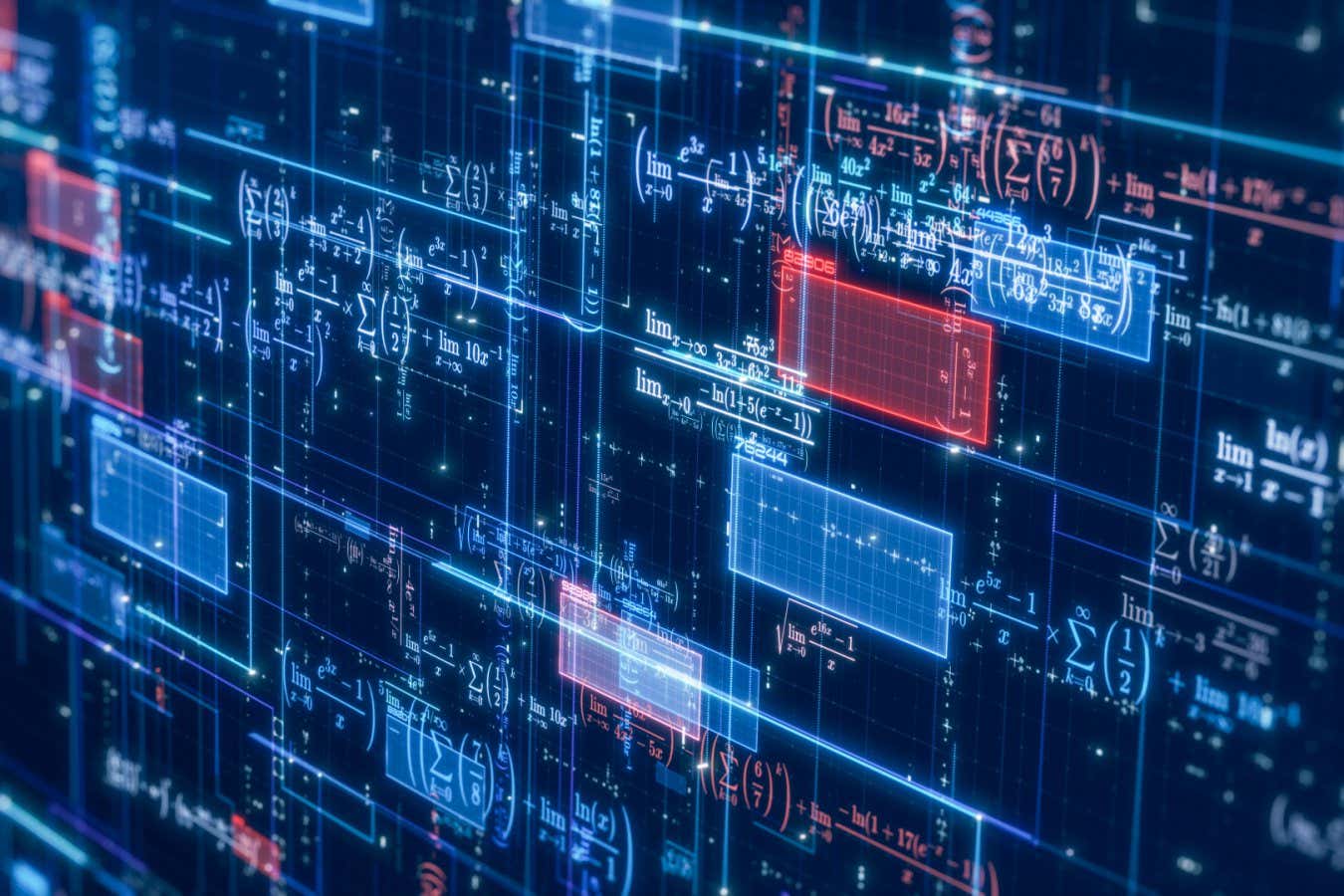Computers can help ensure that mathematical proofs are correct, but translating traditional maths into a machine-readable format is an arduous task. Now, the latest generation of artificial intelligence models is taking on the job, and could change the face of maths research
By Alex Wilkins
7 July 2025
AI is getting better at handling mathematical research
lucadp/Getty Images
Is an artificial intelligence revolution about to transform mathematics? Some prominent mathematicians think so, thanks to automated tools that can help write proofs suddenly showing impressive leaps in capability, with the potential to change the way maths research is done.
Read more
Mathematicians have discovered a mind-blowing new kind of infinity
Around 100 of the world’s top mathematicians gathered at the University of Cambridge in June for a conference whose theme was based on whether computers might help mathematicians resolve some long-standing problems over how to check that their proofs were correct. This process, known as formalisation, doesn’t necessarily have to involve artificial intelligence, and indeed a similar meeting held at Cambridge in 2017 made no mention of AI.
But eight years later, AI has come on by leaps and bounds, most notably with the success of large language models powering tools like ChatGPT. This has attracted new interest to the question of how AI might affect mathematics, from automatically translating human-written proofs into a formal, computer-checkable language, to constructing proofs themselves.
“It’s a little bit overwhelming,” says Jeremy Avigad at Carnegie Mellon University in Pennsylvania, who helped organise the meeting. “It’s nice; I’ve been doing this for a long time and it used to be kind of a fringe, niche thing. All of a sudden, I find myself popular.”
Two of the talks were put on by Google DeepMind, which last year made headlines when its AI system, AlphaProof, achieved a silver medal score at the International Mathematical Olympiad (IMO), a prestigious competition for young mathematicians and a long-standing target for AI systems. “If you talk to mathematicians and ask them about the [AlphaProof] IMO results, you would have had different reactions. I think most would say that these are pretty hard high school problems, but maybe some other mathematicians would call them trivial,” says Thomas Hubert, a research engineer at DeepMind.
